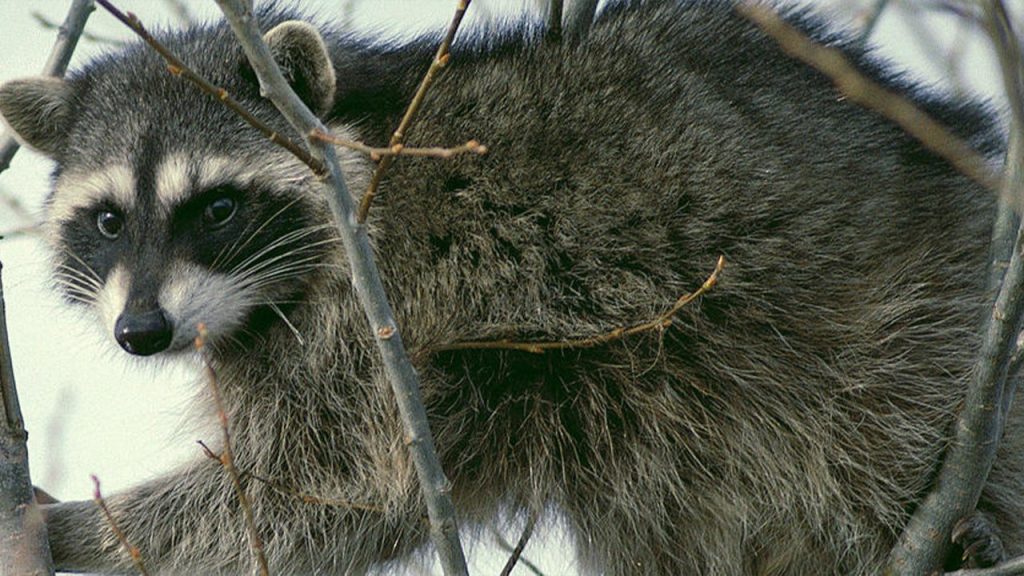A mother in Idaho was left shocked when she found a raccoon attacking her infant son inside their home. She promptly called the Idaho Department of Fish and Game (IDFG) and the Cassia County Sheriff’s Office after hearing a loud noise in the house. The mother was able to intervene and save her baby boy from the furry intruder. The baby was taken to the hospital for treatment of undisclosed injuries before being transferred to a hospital in Salt Lake City. A sheriff’s deputy later located the raccoon and killed it to prevent any further attacks.
Following the incident, the raccoon’s carcass was tested for rabies by the Idaho Bureau of Laboratories, and tests came back negative. The IDFG activated their Wildlife Human Attack Response Team to investigate the incident and ensure the safety of the public. Raccoon attacks on humans are extremely rare in Idaho, with only one documented case of raccoon rabies in the state. The agency emphasized the importance of not feeding raccoons and taking preventative measures to avoid encounters with wildlife in residential areas.
The IDFG advised Idahoans to secure residential garbage, remove fallen fruit or produce, feed pets indoors, keep pet food securely stored, and secure bird feeders to limit food sources that may attract raccoons. Additionally, blocking raccoons’ access to hiding places in sheds and outbuildings and sealing potential entryways and exits in and around homes can discourage raccoons from taking up residence. The agency stressed that raccoons typically avoid humans unless they feel threatened, and it is best to take proactive steps to prevent wildlife encounters.
The mother’s quick actions in saving her son from the raccoon attack highlight the importance of being vigilant around wildlife, even in residential areas. The IDFG’s Wildlife Human Attack Response Team played a crucial role in investigating the incident and ensuring the safety of the public and responders. Although rare, raccoon attacks on humans can occur, underscoring the need for awareness and preventative measures to reduce the risk of wildlife encounters. By following the IDFG’s recommendations and taking steps to limit food sources and secure homes, Idahoans can help prevent conflicts with raccoons and other wildlife.
The incident serves as a reminder of the potential dangers of wildlife encounters and the importance of being prepared to respond to such situations. By staying informed about local wildlife and taking proactive steps to mitigate risks, individuals can help protect themselves and their families from unexpected encounters with animals like raccoons. The IDFG’s efforts to educate the public on safely coexisting with wildlife and respond to human-wildlife incidents demonstrate their commitment to promoting both public safety and conservation of local wildlife populations. By working together to address these challenges, communities can enhance their understanding and appreciation of the natural world while also safeguarding human health and safety.


